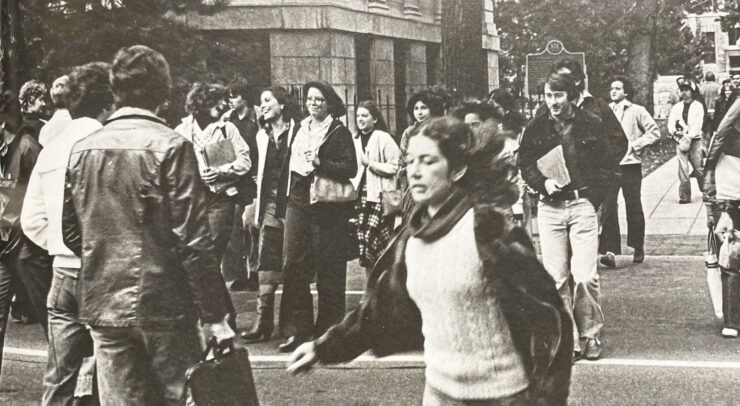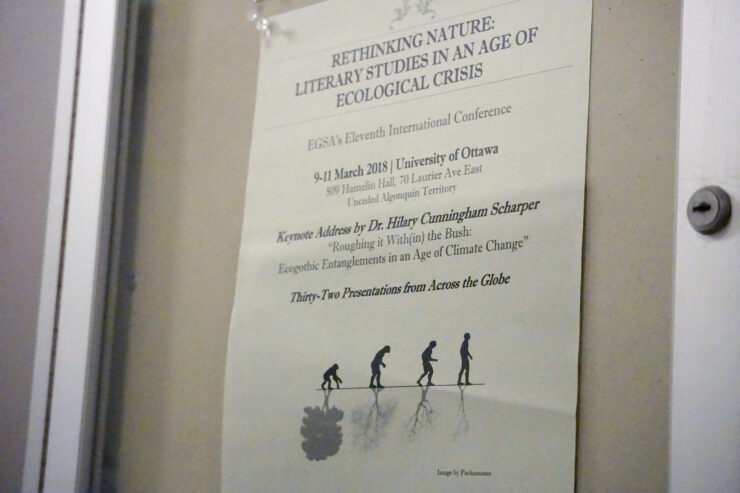Ottawa event recognized producers, actors, musicians, advocates
The recipients of the 2018 Governor General’s Performing Arts Awards were announced on Thursday, March 8 at an event hosted in the Canada Council building.
The Performing Arts Awards recognize achievements in theatre, film and television, music, acting, and arts advocacy. They are divided into three categories—a lifetime achievement award, the National Arts Centre Award for any artist at any point in their artistic career, and the Ramon John Hnatyshyn Award for Voluntarism.
This year’s laureates for the Lifetime Artistic Achievement award are Andrew Alexander, a theatre, film, and television producer who worked with Second City and SCTV; Genevieve Bujold, an actress with a 50-year career; Peter Herrndorf, former CEO of the National Arts Centre; Angela Hewitt, a pianist renowned for her countless J. S. Bach recordings; Ginette Laurin, a pioneer in contemporary dance in Canada; and Murray McLauchlan, one of Canada’s leading singer-songwriters.
The Award for Voluntarism went to Florence Junca Adenot, who founded Quebec’s first permanent contemporary dance venue, and pop duo Tegan and Sara won the National Arts Centre Award.
In a short video, Alexander summarized the role of the Canadian government in his career as “No Canada, no career.” The federal and provincial governments fund countless arts organizations and foundations, including the Canada Council, the country’s primary art fund.
“The structure that we have for the arts does the same thing as all the foundation grants in the United States. It’s more philanthropic and private in the United States,” said McLauchlan, who scored a hit single in 1972 with “Farmer’s Song.” “Our model of having the government participate in funding for the arts, I think is really terribly important because we don’t have that kind of (private) infrastructure.”
In a country lacking in private foundations, the prestige, capabilities, and possibilities of art in Canada is fully in the hands of the government.
McLauchlan praised federal organizations for keeping politics out of it. As he said, he was never forced to match the taste of the current political party.
McLauchlan started his folk-singing career in the 1960s, at a time when Canadian culture was nascent, and barely funded. Most Canadians with an artistic bent went overseas to make it big, which is why it’s still stunning to see an event this large for Canadian culture. Canadian nationalism steadily grew, but it took time.
“My emergence does predate a lot of the institutions that are a part of the culture industry now,” said McLauchlan. “When people like myself emerged in Canada, we were kind of riding a wave of emergent cultural nationalism.”
This was true for many of the nominees in the lifetime achievement category, who played critical roles in our entrenched institutions now, but who often surpassed them in age.
At the same time cultural nationalism grew, so did Canadian radio, which McLauchlan attributes to making stars out of many early Canadian artists. Radio hosts would play Canadian music late at night, he said, which meant it was picked up by a lot of university students. Most singer-songwriters, including McLauchlan, played their first major shows on university campuses.
The recipients of the 2018 Governor-General’s Performing Arts Awards will receive their awards at a gala on June 2.





